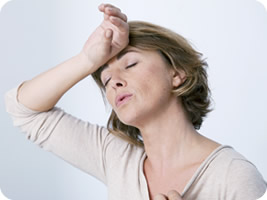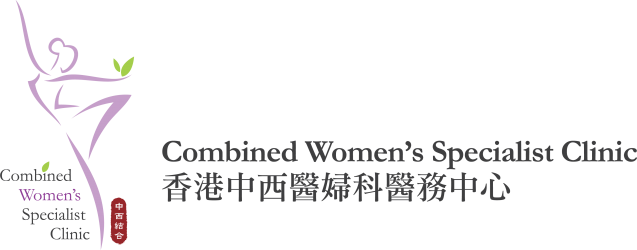Menopause

Menopause is the point in time when a woman’s menstrual periods stop. Menopause happens because the ovaries stop producing the hormones. During the time of the menopausal transition (perimenopause), your periods can stop for a while and then start again. If you have not had your period for one year, you have gone through menopause.
Symptoms of menopause include:
- Hot flushes
- Trouble sleeping
- Vaginal and urinary problems – vaginal dryness, sex may become less comfortable, more vaginal infections or urinary tract infections, urinary stress incontinence
- Mood changes
- Changing feelings about sex – Some women feel less aroused, may be less interested in sex
- Osteoporosis – your bones get thin and weak. It can lead to loss of height and broken bones
Menopause is a normal transition in lifetime. Here are some tips to maintain a positive attitude and reduce tensions:
- Maintain a healthy balanced diet. A diet rich in calcium is advised to prevent osteoporosis
- Stop smoking and limit alcohol intake
- Appropriate exercise – weight bearing exercises such as walking and jogging can strengthen the bones
- Avoid spicy foods, alcohol, strong tea and coffee which can enhance hot flushes
- Share your feelings of anxiety and depression with family members, close friends or medical personnel
- Set fresh goals, develop new interests and learn new skills to extend and enrich own sphere of living
Some women may need Hormone Replacement Therapy (HRT). HRT can alleviate various symptoms of menopause. But HRT has side effects such as breasts tenderness, fluid retention, nausea, etc. You should consult your doctor and undergo a detailed physical check-up before starting HRT.



